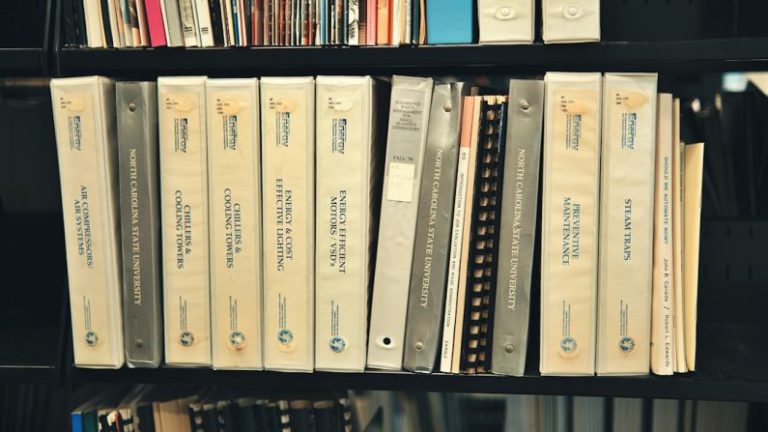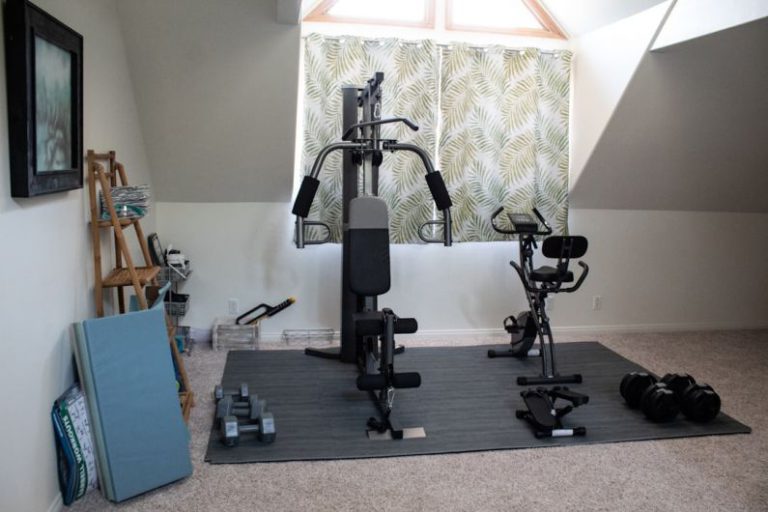How to Choose the Right Musical Instrument for Beginners?
Embarking on a musical journey as a beginner can be an exciting yet daunting task. With a myriad of musical instruments to choose from, selecting the right one that suits your interests, skills, and budget can be overwhelming. Whether you dream of strumming a guitar, tickling the ivories on a piano, or blowing into a saxophone, it’s crucial to make an informed decision. To help you navigate through the process, here are some essential factors to consider when choosing the right musical instrument for beginners.
Exploring Your Musical Preferences
Before diving into the world of musical instruments, take some time to explore your musical preferences. Reflect on the genres of music you enjoy listening to and the sounds that resonate with you. Are you drawn to the soulful melodies of a violin or the rhythmic beats of a drum kit? Understanding your musical tastes can guide you in selecting an instrument that aligns with your interests and motivates you to practice and improve.
Consider Your Budget
Budget plays a significant role in determining which musical instrument to purchase as a beginner. Instruments can range from affordable to expensive, so it’s essential to set a realistic budget based on your financial capabilities. Keep in mind that in addition to the instrument itself, you may need to invest in accessories such as cases, picks, reeds, or maintenance tools. Consider opting for a quality beginner instrument within your budget to ensure a positive learning experience without breaking the bank.
Choosing the Right Size
When selecting a musical instrument, size matters, especially for beginners. Instruments such as guitars, violins, and cellos come in various sizes to accommodate different age groups and body sizes. Choosing the right size instrument ensures comfort while playing and promotes proper technique development. For example, a child learning the violin would benefit from starting with a smaller-sized instrument to facilitate easier handling and playing.
Seeking Professional Advice
If you’re unsure about which musical instrument to choose, seeking advice from music teachers, experienced musicians, or music store professionals can be invaluable. These individuals can provide insights into the characteristics of different instruments, recommend suitable options based on your preferences and goals, and offer guidance on where to find quality instruments within your budget. Don’t hesitate to ask questions and gather information to make an informed decision.
Testing Out Different Instruments
Before making a purchase, it’s beneficial to test out different instruments to get a feel for their sound, playability, and comfort. Visit music stores, attend instrument demonstrations, or participate in rental programs to try out various instruments firsthand. Playing different instruments allows you to assess which one resonates with you the most and feels comfortable to play, ultimately aiding you in selecting the right instrument for your musical journey.
Considering Maintenance and Upkeep
Maintaining a musical instrument is essential for preserving its quality and ensuring optimal performance. Some instruments require regular tuning, cleaning, or restringing to keep them in top condition. Before choosing an instrument, consider the maintenance requirements and costs associated with upkeep. Factor in whether you have the time, resources, and commitment to properly care for the instrument to prolong its lifespan and enjoy playing it for years to come.
Embracing the Learning Process
Learning to play a musical instrument as a beginner is a rewarding experience that requires dedication, practice, and patience. Embrace the learning process with enthusiasm and a willingness to grow and improve your skills over time. Remember that everyone starts as a beginner and progresses at their own pace. Stay motivated, seek guidance when needed, and enjoy the journey of discovering the joy of music through your chosen instrument.
In conclusion, choosing the right musical instrument as a beginner is a personal decision that should align with your musical interests, budget, and goals. By exploring your preferences, considering practical factors, seeking advice, testing out different instruments, and embracing the learning process, you can make an informed choice that sets you on a path to musical success. Remember that the journey of learning a musical instrument is a fulfilling one that offers endless opportunities for growth, creativity, and self-expression. So, take the plunge, pick up that instrument, and let the music begin!






